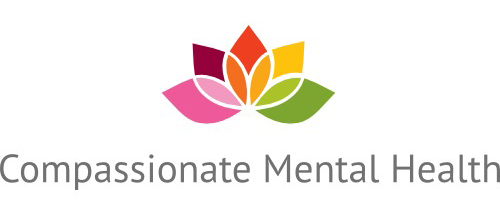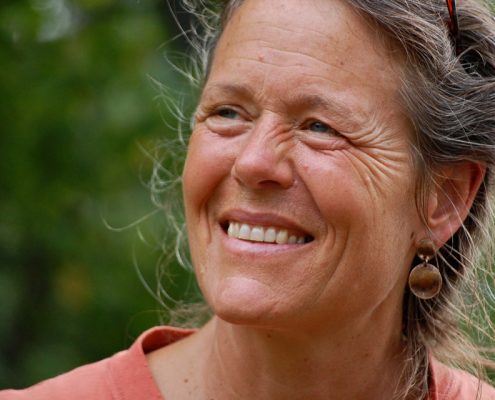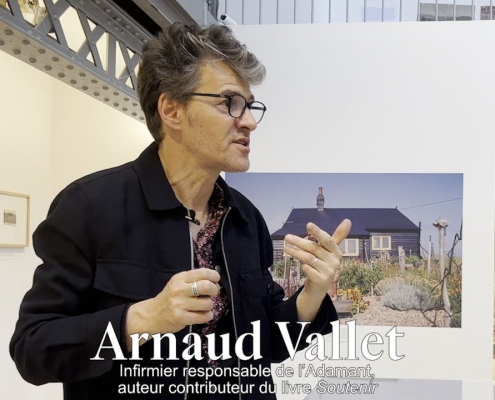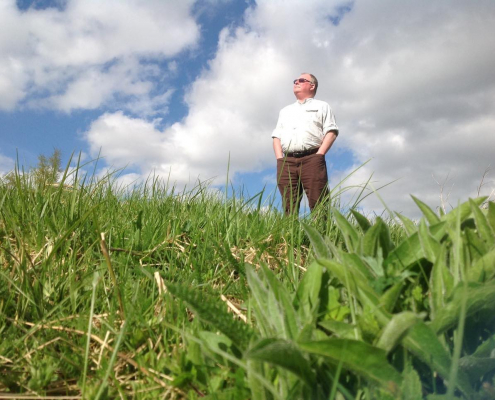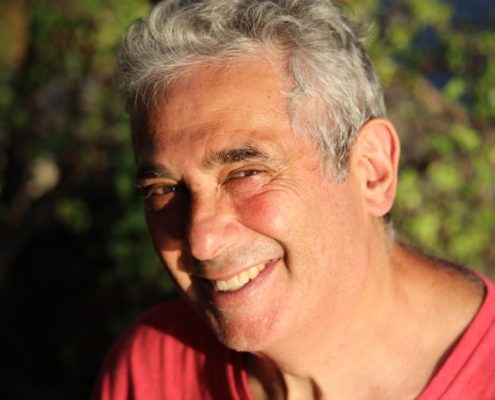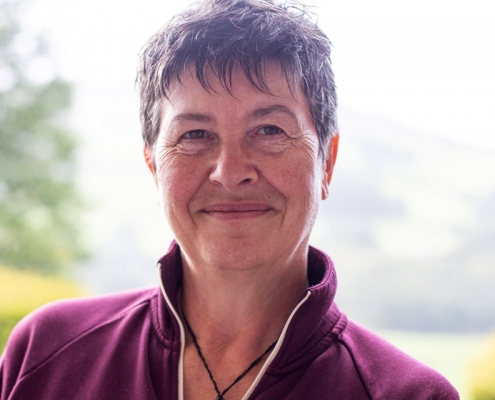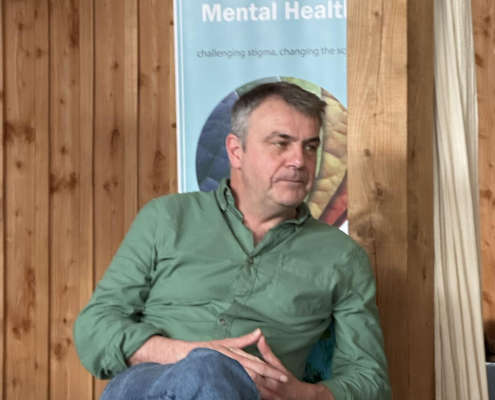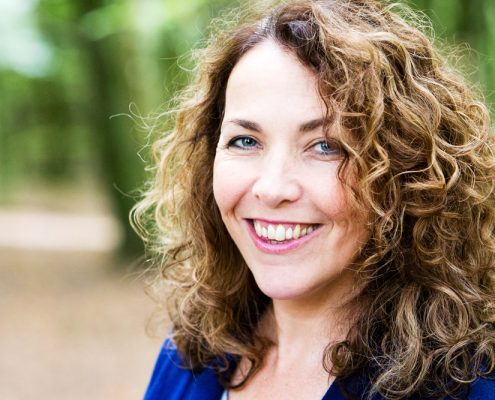andrea zwicknagl
andrea is an experienced peer support worker who works using principles of Open Dialogue and is part of the Swiss Hearing Voices Network.
She is part of a global network of people advocating for human rights, healing focused mental health services
Areas of interest
- Open Dialogue
- Social Psychiatry
- Safe medication withdrawal
- Hearing Voices Network
andrea is a peer support activist in Switzerland. She works with Open Dialogue in a Psychiatric Service in Interlaken and facilitates a hearing voices group in Bern. She does work around psychiatric drug withdrawal and engages in more diverse frameworks to mental illness and health.
Once upon a time, andrea wanted to become a Benedictine nun. But she says, when God saw her true devotion, he changed plans and made her join his mad workforce in the world instead.
If you had asked andrea back in 2002, she would have told you that she was doomed to be mentally ill. Yet she did everything she could to be anything but. But as crisis after crisis hit, the net tightened. “Illness” was the only thing psychiatry had to offer – everything else was “lack of insight.”
It took years.
But then andrea heard about the Swiss Peer Training, got in touch and, perhaps for the first time, found validation and curiosity for her experiences.
Many things fell into place at the same time.
A friend told andrea about Daniel Mackler’s films on Open Dialogue and the Family Care Foundation in Sweden …….. and many connections were made. Laura Delanos Recovering from Psychiatry, the Mad in America family, Will Hall and all the people he interviewed on Madness Radio, … a whole new world of thinking and being and identifying!
Out of what seemed like condemnation, a vocation emerged that was deeper and more diverse than the monastery itself could ever have been. The gifts of madness may be dangerous, but in the tribe of the mad andrea finally found the belonging, purpose and liberation she had been longing for. andrea says:
Mad meaning matters and mad people matter. They are at the source of life itself. Let us find together the gifts and ways and wonders of what it means to be human. Listen to each other. Be with one another – compassionate and curious! What could be and what could become possible if we just open our hearts to the unknown?
andrea completed the one-year Swiss Peer Training in 2015, and used the expertise and confidence she gained to join the Expert Committee on Psychotropic Drugs within the German Society of Social Psychiatry. From there, she co-founded a Trialogue on Tapering and Withdrawal of Neuroleptics in Switzerland, where users/survivors, family members and professionals met every month to share their experiences with drugs and withdrawal. Through the association with the International Institute for Psychiatric Drug Withdrawal, further connections were made around the world.
andrea trained in Open Dialogue and helped the psychiatric service in Interlaken, where she worked in peer support, to set up a whole team to work with this framework. She and her colleagues travelled to Tornio – where it all started – and learned a lot from the international connections. andrea joined the advisory board of the HOPEnDialogue research project and thought a lot about how research is done and not done in the field. This also led to more work on the principles and frameworks of Mad Studies.
Perhaps the latest love of all had been the Hearing Voices movement, as it marks another major shift in worldview – from ‘at least I don’t hear voices’, to someone in the movement confirming that her experiences fall under the umbrella, to proudly coming out as a voice hearer herself, and now facilitating a Hearing Voices Group in Switzerland. Not as a ‘self-help group’ but as a space to share and discover what is unique and valid about this experience – a human right!
Through public speaking, organising and community building, Andrea fights for a more diverse and polyphonic view of what we might call mental illness and health. Convinced that it is more about social justice and epistemic injustice than illness and recovery, she is dedicated to promoting change within psychiatry and society in general, and in her day-to-day work with Open Dialogue on the ground.
